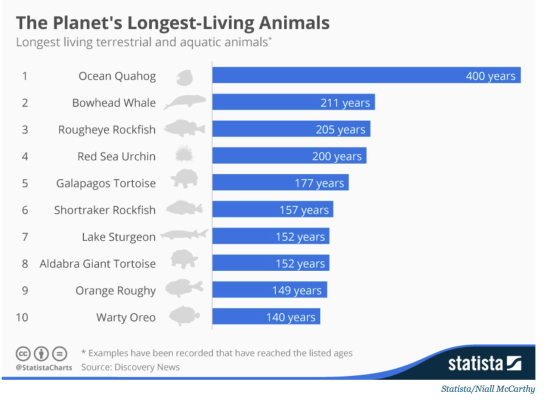photoguy
Thinks s/he gets paid by the post
- Joined
- Jun 15, 2010
- Messages
- 2,301
A dog in a 3rd-world country may have a tough time (to even survive among people), but it will not get neutered as dogs in the US. Hmmm... Tough choice.
I forgot about neutering so maybe not a dog
Recently I met several people here that commented that dogs in the US have it so good. One fellow's wife complained that his dog eats more meat in a single meal than a whole family would have in cuba for a week (dog was on a raw food diet with real pork chops etc).
I guess I'm partly to blame as well as I spent way more on medical care for my dog than I have on myself. I even got a wagon to pull her around when she had difficulty walking.

